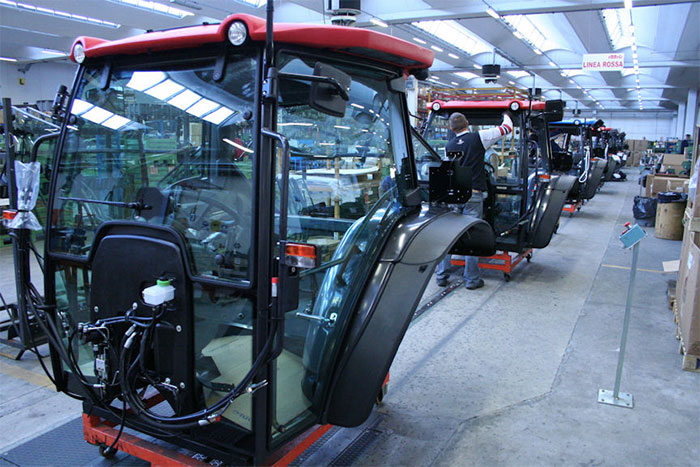
A snap poll of leading figures from the education and training sector reveals the agricultural engineering industry is still finding it a challenge to attract trainers and lecturers into the industry.
Alastair Taylor, CEO of the Institution of Agricultural Engineers, ( IAgrE), said, “We approached a variety of lecturers and technical training providers and asked them what’s the biggest issue facing training and education in the agricultural engineering sector.”
Clive Bound, Vice Principal of Easton and Otley College the specialist land-based college with campus in Suffolk and Norfolk said, “Finding good engineers to teach is probably my biggest challenge and could in the future have a major impact on our ability to deliver high quality courses.”
“There seems to be a shortage of new entrants, keen and willing to put in the effort required to succeed. In this modern age the image of agricultural engineering is not as good as it could be. This is a shame as the technology we are dealing with is now so far advanced that we are in some ways far ahead of other industries,” said Richard Jenkins, technical trainer at Babcock International.
Summing up Jane Rickson, Professor of Soil Erosion and Conservation in Cranfield University’s Soil and AgriFood Institute said, “We need to secure sustained funding of education and training from the Government, NGO’s and industrial sources. The reputation of the UK for agricultural engineering training and education is still high around the world, despite the recent decline in provision. Training overseas students can establish major relationships with developing countries and there is a real opportunity to rebuild this bridge to the benefit of the UK’s global development agenda.”
